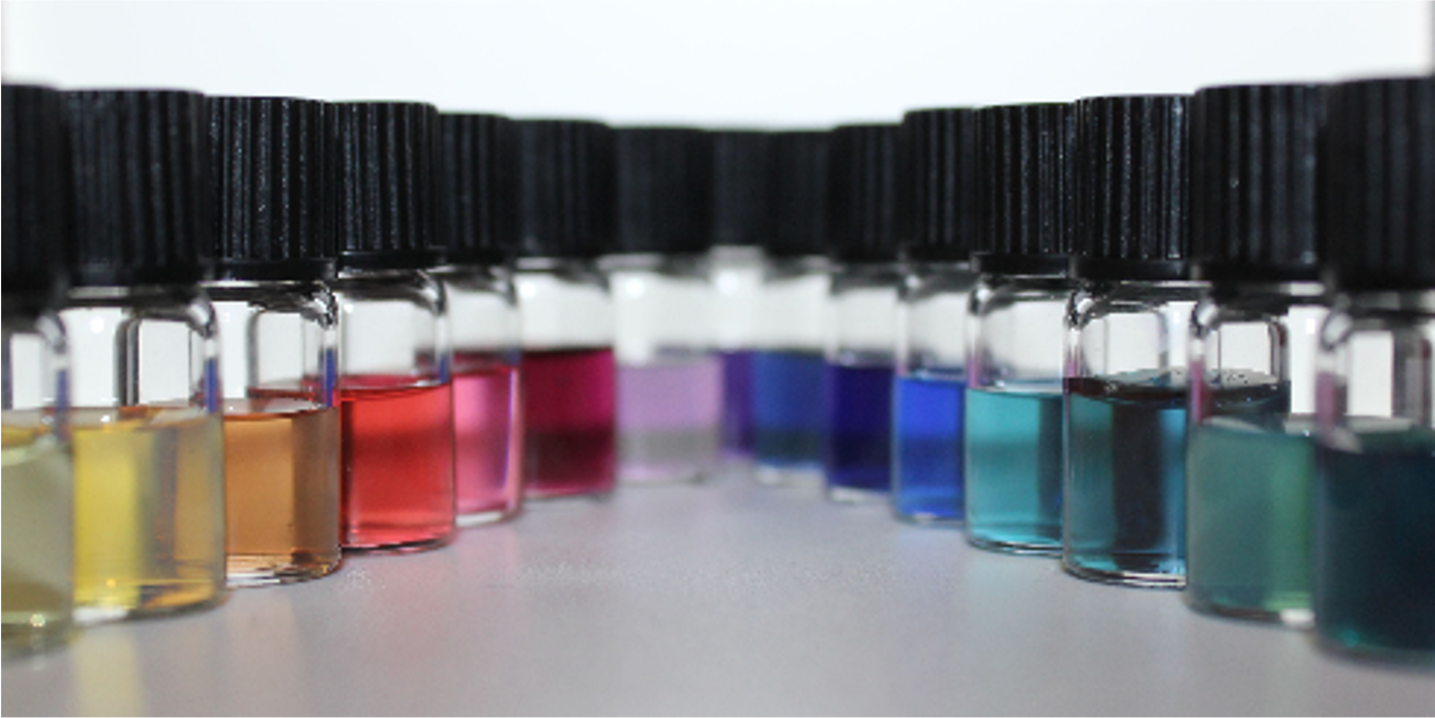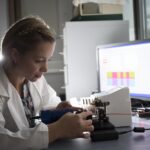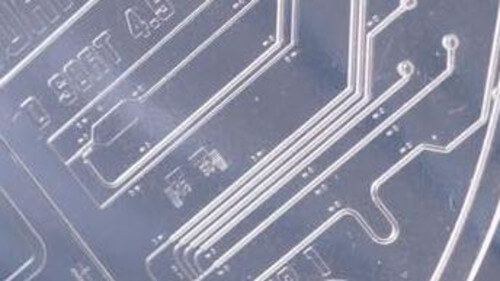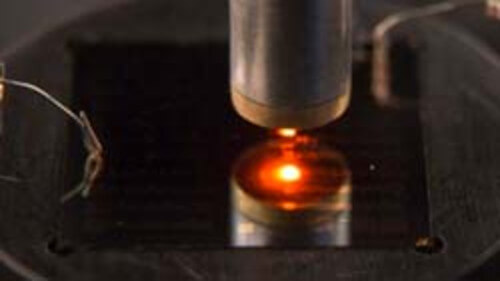- Home
- Research
- Nanobiophotonics
Scientific Profile
The focus of the work lies on exploiting the potential of plasmonic effects on molecular and chemically synthesized metallic hybrid nanostructures for biophotonics, from basic scientific investigations to the development of bioanalytical and lab-on-a-chip systems. Passive plasmonics focuses on localized surface plasmon resonance (LSPR)-based sensors on metallic nanoparticles, which are used in various sensor concepts (also as microarrays) as optical signal converters. In active plasmonics, plasmon nano-antennas are used for (bio)material processing and plasmon catalysis. By combining plasmonic effects with microfluidics and image-based readout, new fields of application for molecular plasmonics are opened up. The research department is thus an integral part of the cross-institute research topics of bioanalytical and medical chip systems, biomedical microscopy/imaging, multiscale spectroscopy and nanoplasmonics and makes intensive use of Leibniz-IPHT's own key technologies. Possible applications include medical diagnostics, food and water analysis, and environmental technology.
Research Topics
- Passive molecular Plasmonics: LSPR-based bioanalytics
- Active molecular Plasmonics: Plasmonic catalysis and (nano)manipulation
- Microfluidics and lab-on-a-chip technology for on-chip biophotonics, spectroscopy and analytics
- Diagnostic solutions for point-of-care applications
Areas of application

- Medical chip systems and bioanalytical assays for detection of pathogens and antibiotic resistance (water pathogens, zoonoses, sepsis), and biomarkers (cancer, arthritis)
- Plasmonic catalysis
- Bioparticle analysis, cell sorting and digital droplet assays




